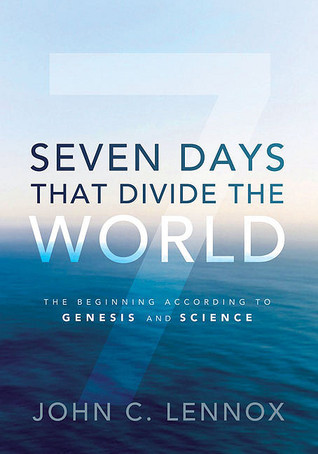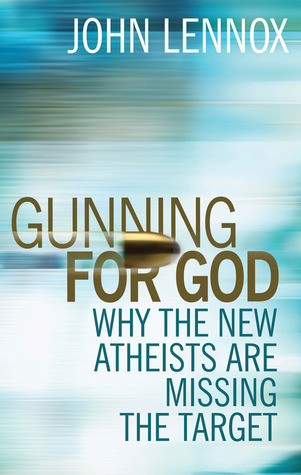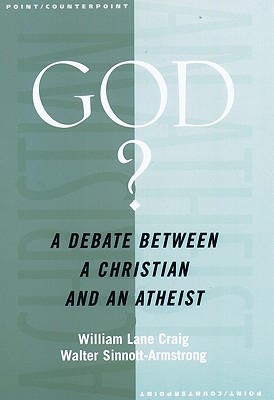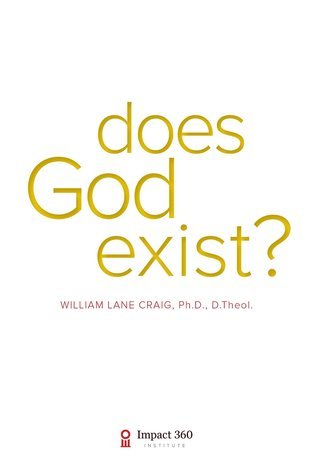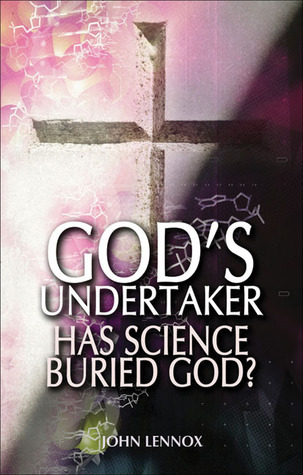
God's Undertaker: Has Science Buried God?
Book Description
Science has become the new religion, raising the question—has it buried God? In "God's Undertaker: Has Science Buried God?", John C. Lennox dives deep into the explosive clash between faith and reason, illuminating the profound mysteries of existence. Challenging the narrative that faith is outdated and irrelevant, Lennox courageously defends belief in a Creator while unraveling the intricate tapestry of modern science. With compelling arguments and stunning revelations, he confronts the ultimate existential queries that have baffled humanity for centuries. As the debate rages on, will discovery lead to despair or illuminate a greater truth?
Quick Book Summary
"God's Undertaker: Has Science Buried God?" by John C. Lennox explores the perceived conflict between science and faith, arguing that not only are the two compatible, but that science, at its core, points beyond itself to deeper questions of existence and origin. Lennox critically examines claims made by prominent atheists that science has rendered belief in God obsolete, dissecting philosophical and scientific assumptions underlying such assertions. With careful reasoning, he critiques the idea that science is the sole route to knowledge and addresses complex topics like the origins of the universe, the fine-tuning of physical laws, and the nature of information in biology. Ultimately, Lennox's analysis suggests that the relationship between science and faith is complementary, and that belief in God remains intellectually credible in a scientific age.
Summary of Key Ideas
Table of Contents
Limits of Scientific Explanation
John C. Lennox begins by exploring the alleged conflict between science and religion, arguing that much of the contemporary narrative frames science as inherently antagonistic to faith. He contends that this dichotomy is artificial, created by conflating the philosophical worldview of naturalism with the methodology of science itself. Lennox illustrates that many founding fathers of modern science, such as Newton and Kepler, were guided by their belief in a rational Creator, suggesting science and faith share a foundation in the pursuit of truth.
Rationality and the Nature of Faith
The book then delves into the limitations of scientific explanation. Lennox challenges the notion of scientism—the belief that science provides the only legitimate path to knowledge. He maintains that science is powerful, yet its scope is limited to empirical investigation and cannot answer metaphysical or moral questions. Lennox offers examples, such as the laws of mathematics and logic, which underpin science but cannot be explained by science itself, emphasizing that rationality extends beyond empirical data.
Origins of the Universe and Fine-Tuning
Lennox addresses arguments about the origins of the universe, confronting claims that cosmology and physics have sufficiently explained existence without a Creator. He investigates the fine-tuning of the universe, discussing improbable constants and laws necessary for life. Lennox argues that the precise calibration of these constants provides persuasive evidence for intelligent design. While acknowledging the contributions of science in illuminating the universe’s workings, he asserts that deeper questions about why the universe is intelligible persist beyond the reach of scientific inquiry.
Biological Information and Design
In discussing biological evolution and information, Lennox critiques the idea that undirected processes alone can account for the complexity of life. He highlights the information encoded in DNA as a profound mystery, asserting that the presence of meaningful, code-like information points toward a purposeful origin. Lennox distinguishes between the mechanism of evolution (how life changes) and the origin of biological information (how life began), suggesting that the latter presents significant challenges to a purely materialistic outlook.
Science, Philosophy, and Worldviews
Finally, Lennox reflects on worldviews and the philosophical underpinnings of science itself. He invites readers to recognize that everyone operates from foundational beliefs, whether theistic or atheistic, shaping their interpretation of data. Lennox concludes that the existence of a rational, creative God provides a coherent foundation for both scientific exploration and the human impulse to seek understanding. Far from being buried by scientific progress, Lennox argues, belief in God is both viable and enriched by the wonder science reveals.
Download This Summary
Get a free PDF of this summary instantly — no email required.
